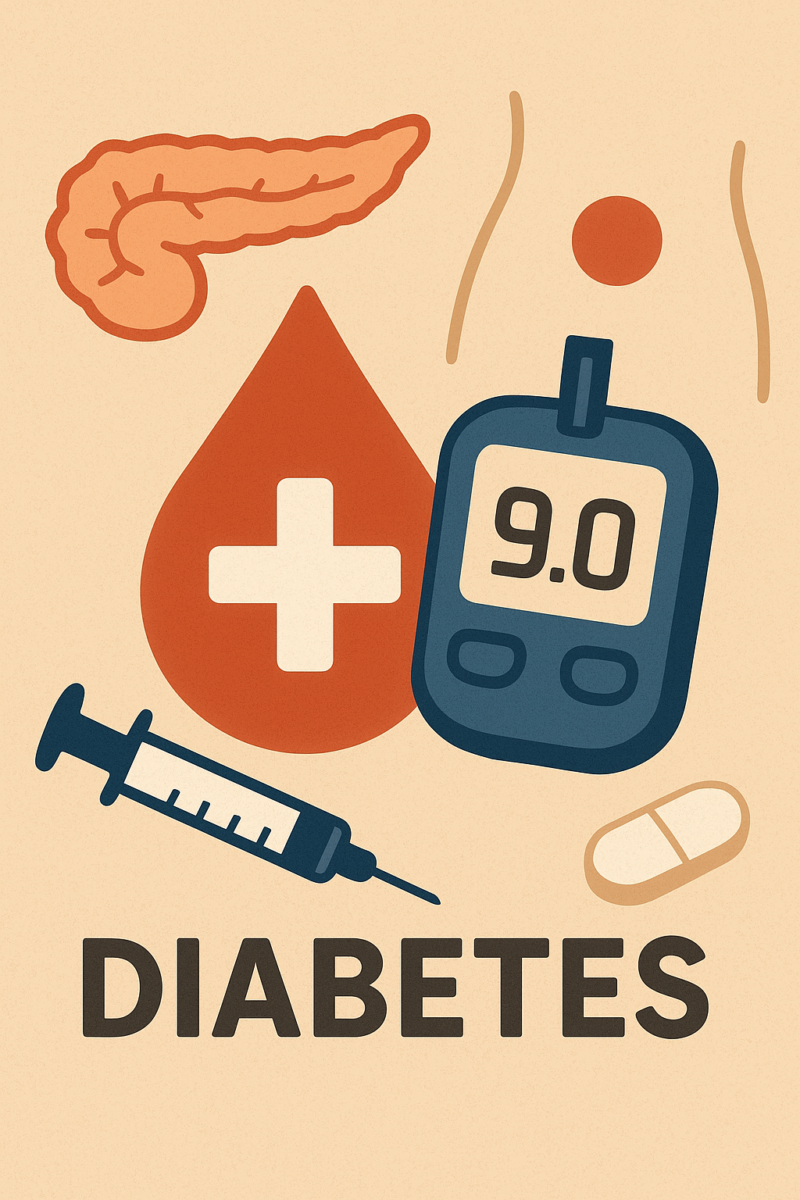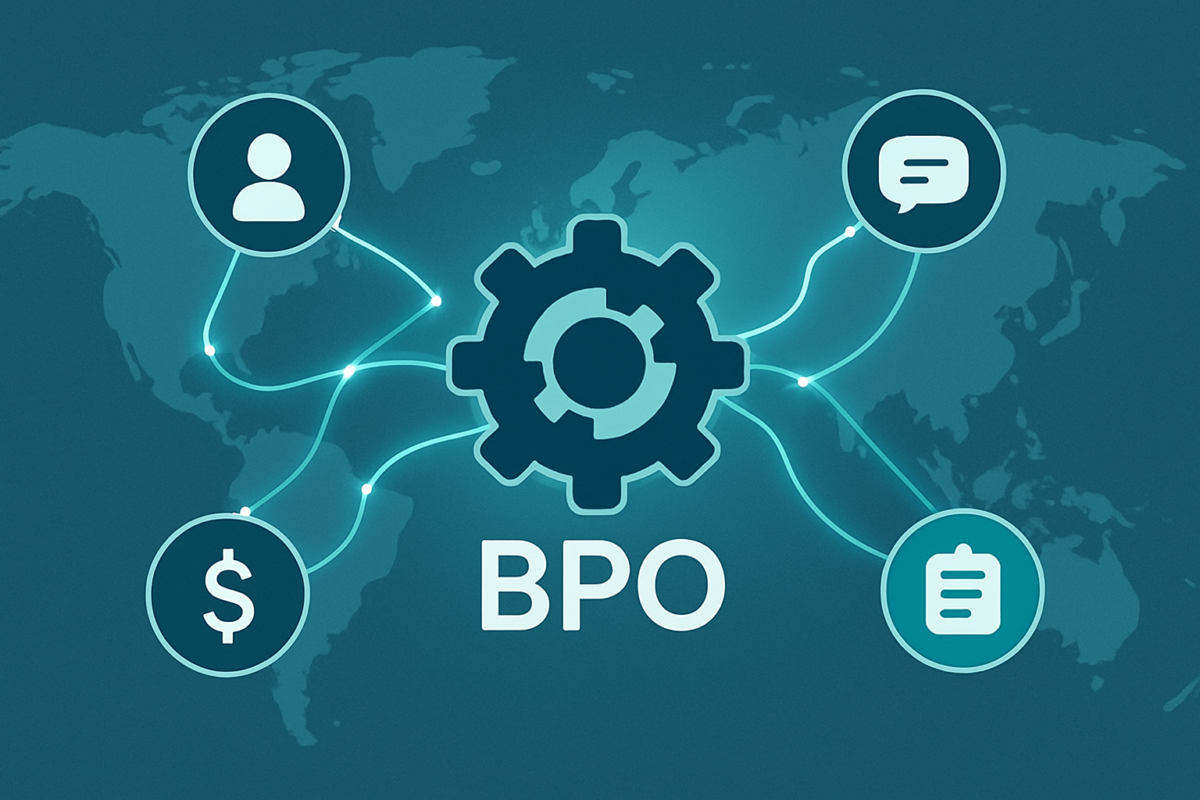Diabetes is one of the most common chronic conditions in the world, affecting how your body turns food into energy. It develops when your blood sugar (glucose) levels become too high, either because your body doesn’t make enough insulin or can’t use it properly. Insulin is a hormone made by the pancreas that helps glucose move from your blood into your cells, where it’s used for energy.
Types of Diabetes
- Type 1 Diabetes
- The body’s immune system attacks and destroys the insulin-producing cells in the pancreas.
- Usually appears in childhood or adolescence.
- People with Type 1 diabetes must take insulin daily to survive.
- Type 2 Diabetes
- The body still makes insulin but doesn’t use it effectively (insulin resistance).
- Most common type, often linked to lifestyle factors like poor diet, inactivity, or being overweight.
- Can sometimes be managed with diet, exercise, and medication.
- Gestational Diabetes
- Occurs during pregnancy when hormones interfere with insulin use.
- Usually disappears after birth but increases future risk of Type 2 diabetes.
Common Warning Signs of Diabetes
Recognizing the early symptoms can make a big difference. Many people live for years without realizing they have diabetes. Here are the most common warning signs:
- Frequent urination – The body tries to flush out excess sugar through urine.
- Excessive thirst – You lose fluids from frequent urination, leading to constant thirst.
- Extreme fatigue – Without enough insulin, your body can’t use glucose efficiently for energy.
- Unexplained weight loss – Especially with Type 1, the body breaks down muscle and fat for fuel.
- Increased hunger – Blood sugar fluctuations can trigger constant hunger.
- Blurred vision – High blood sugar can damage the tiny blood vessels in your eyes.
- Slow-healing wounds – High glucose levels affect blood flow and immune function.
- Tingling or numbness – Especially in hands and feet, due to nerve damage (neuropathy).
When to See a Doctor
If you notice several of these symptoms—especially thirst, fatigue, and frequent urination—it’s important to get a blood sugar test. Early detection can prevent complications like heart disease, kidney damage, nerve problems, or vision loss.
Prevention and Management
While Type 1 can’t be prevented, Type 2 diabetes is often reversible or controllable through lifestyle changes such as:
- Eating a balanced diet rich in vegetables, whole grains, and lean proteins
- Staying physically active at least 30 minutes a day
- Maintaining a healthy weight
- Managing stress and getting enough sleep
Bottom Line
Diabetes doesn’t happen overnight, and it doesn’t have to control your life. The key is awareness — knowing the warning signs and taking early action. Simple habits like staying active, eating smart, and checking your blood sugar can make a life-changing difference.

